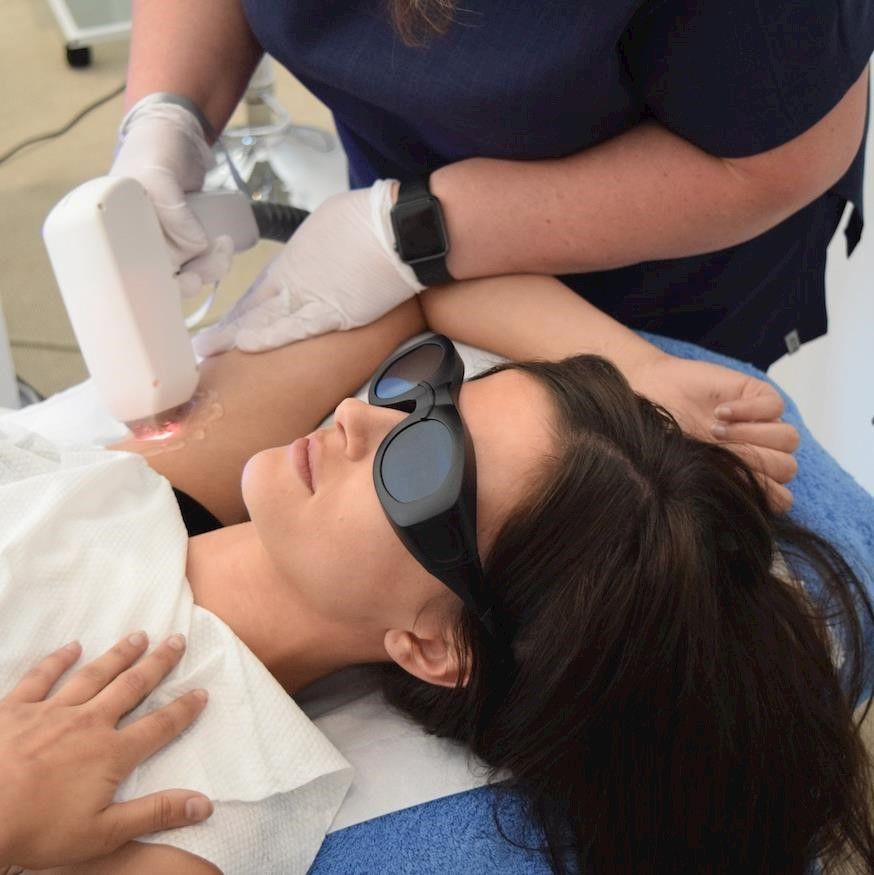Laser hair removal has become a popular choice for individuals seeking a long-term solution for Is It Haram to Do Laser Hair Removal Dubai. However, for Muslims, an important consideration is whether this procedure aligns with Islamic teachings. This article explores the acceptability of laser hair removal in Islam by examining religious principles, scholarly opinions, and cultural perspectives.
Understanding Hair Removal in Islam
In Islam, personal hygiene and grooming are emphasized, and there are clear guidelines regarding hair removal. According to Islamic teachings, certain types of hair removal are recommended, while others are discouraged. The Prophet Muhammad (peace be upon him) encouraged the removal of pubic hair, underarm hair, trimming the mustache, and cutting nails as part of Fitrah (natural disposition) to maintain cleanliness.
There are also guidelines regarding the removal of hair from other parts of the body. Hair removal is generally considered permissible (mubah) unless it involves altering the body in a way that is deemed unnatural or harmful.

Is Laser Hair Removal Permissible?
Islamic scholars and jurists have discussed the acceptability of modern hair removal techniques, including laser treatments. There are several key points to consider:
1. Intention and Purpose
Intentions play a crucial role in Islamic rulings. If laser hair removal is done for hygiene, medical reasons, or personal grooming without the intention of imitating the opposite gender or altering Allah’s creation in a forbidden manner, it is generally considered permissible.
2. Permanent vs. Temporary Hair Removal
One concern raised by some scholars is that laser hair removal is often considered a permanent procedure. Some argue that permanently altering the body could be problematic if it is done without necessity. However, since the treatment does not modify the fundamental creation of the body but rather removes unwanted hair, many scholars do not consider it to be a prohibited act.
3. Awrah and Modesty Considerations
Islam places great emphasis on modesty and the concept of ‘awrah (private areas that should not be exposed to others). If a laser hair removal procedure requires exposing the private parts, it should be done cautiously. Some scholars permit it if a medical necessity exists or if the procedure is conducted by a same-gender professional. In cases where the procedure can be done without exposing awrah, it is generally seen as acceptable.
4. Safety and Health Considerations
Islamic teachings discourage any practice that could cause harm to the body. If laser hair removal is performed safely without significant risks, it is permissible. However, if there is a risk of severe skin damage or complications, it may be discouraged under Islamic principles.
Scholarly Opinions on Laser Hair Removal
Islamic scholars have varying opinions regarding laser hair removal. Many contemporary scholars and fatwas (Islamic rulings) consider it permissible as long as it meets Islamic guidelines regarding modesty and safety. Some scholars classify it as a permissible means of beautification, similar to waxing or shaving, provided it does not contradict Islamic ethics.
Prominent scholars from different schools of thought generally agree that laser hair removal is not inherently haram (forbidden). However, they emphasize the importance of modesty and avoiding unnecessary exposure of the ‘awrah.
Cultural and Regional Perspectives
The acceptance of Is It Haram to Do Laser Hair Removal in Dubai varies across different Muslim communities. In conservative societies, there may be reservations due to concerns about modesty and religious interpretations. In more liberal Muslim-majority countries, laser hair removal is widely accepted and commonly performed within the boundaries of Islamic ethics.
In regions such as the Middle East, where beauty and personal grooming are highly valued, laser hair removal is increasingly popular among both men and women. Many Islamic beauty clinics offer this service while adhering to religious guidelines, such as providing same-gender professionals for treatments.
Conclusion
Laser hair removal is generally considered acceptable in Islam as long as it aligns with Islamic principles of modesty, safety, and intention. It is permissible for both men and women when done for hygienic or cosmetic reasons, provided that the procedure does not expose the ‘awrah in an impermissible manner.
